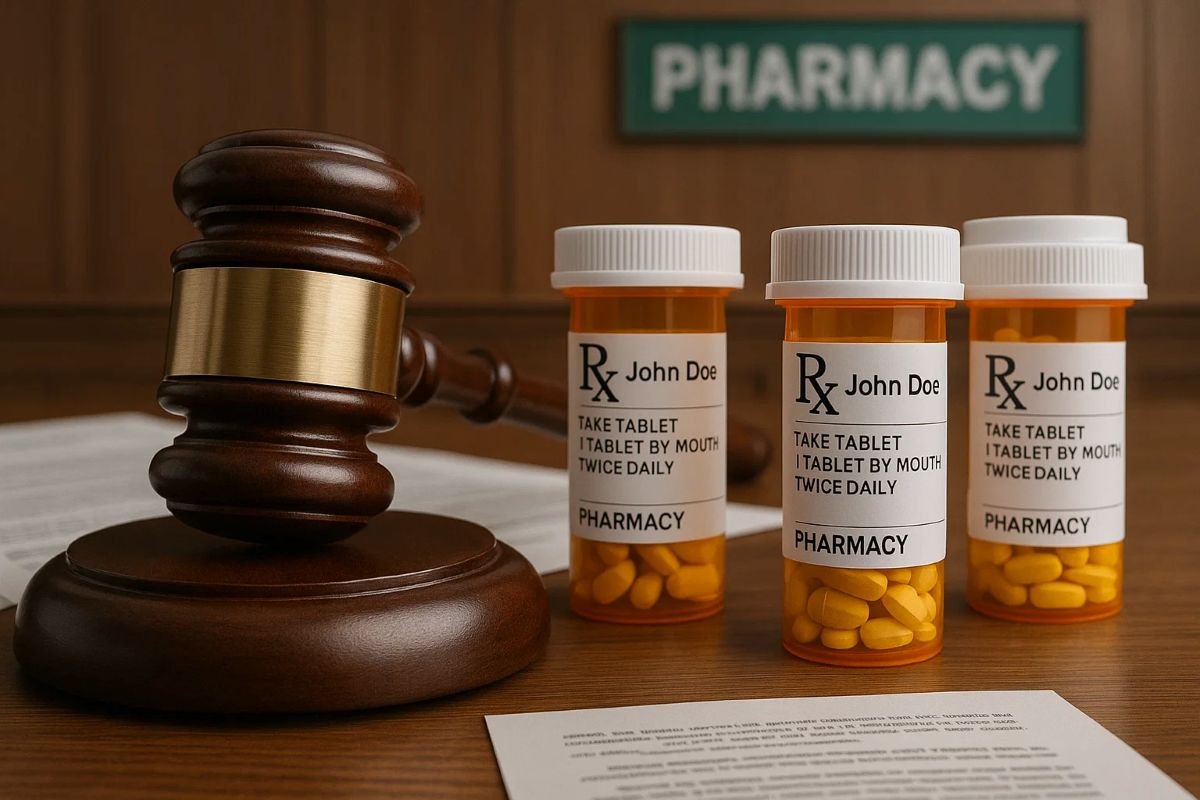A high-profile lawsuit in Arkansas has ended in a settlement that could have significant effects on how pharmacies and pharmacy benefit managers (PBMs) do business, both in the state and nationwide. The case centered on whether Arkansas had the right to regulate PBM practices—a pivotal issue as PBMs play a major role in determining how prescription drugs are accessed and paid for in the U.S.
The dispute began in 2015 when Arkansas passed a law requiring PBMs to reimburse local pharmacies at or above their actual cost to acquire medications. This measure aimed to address complaints from independent pharmacists who argued that PBMs were reimbursing them at rates so low that some were forced out of business. PBMs, which manage prescription drug benefits for insurers, have long been criticized for a lack of transparency and for their influence on drug pricing.
Major PBMs and national pharmacy chains, including CVS Health, challenged the Arkansas law in federal court, arguing that federal regulations under the Employee Retirement Income Security Act (ERISA) should preempt state laws. They claimed that differing state laws would complicate operations for nationwide health plans and create a patchwork of rules.
The legal battle escalated to the U.S. Supreme Court, which in 2020 unanimously upheld Arkansas’s right to enforce its law, ruling that states could regulate PBM reimbursement practices without being blocked by federal law. This decision was seen as a major win for independent pharmacies and for states seeking more oversight of PBM activities.
With the Supreme Court’s decision in place, the parties have now reached a settlement, with the lawsuit officially dismissed in federal court this week. While the detailed terms of the agreement were not made public, Arkansas Attorney General Tim Griffin called the outcome a victory for local pharmacies and for patient access to medications. The settlement means that Arkansas can continue to require PBMs to reimburse pharmacies at rates that cover the cost of drugs, a measure that many hope will protect small, community-based pharmacies from financial harm.
Industry groups and observers say the Arkansas law and the Supreme Court ruling have inspired similar actions in other states, which are looking for ways to regulate PBMs and strengthen protections for independent pharmacies. As prescription drug pricing remains a contentious issue in the U.S., the Arkansas case is likely to have ripple effects across the pharmacy landscape.
The settlement in this case affirms the power of states to regulate pharmacy benefit managers, a move that could bolster independent pharmacies and improve patient access to medications nationwide.

I am a Registered Pharmacist under the Pharmacy Act, 1948, and the founder of PharmacyFreak.com. I hold a Bachelor of Pharmacy degree from Rungta College of Pharmaceutical Science and Research. With a strong academic foundation and practical knowledge, I am committed to providing accurate, easy-to-understand content to support pharmacy students and professionals. My aim is to make complex pharmaceutical concepts accessible and useful for real-world application.
Mail- Sachin@pharmacyfreak.com
